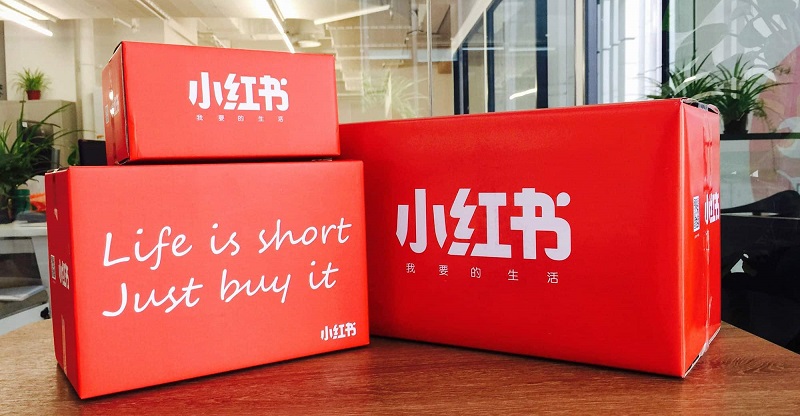By Jianlu Bi
The recent exodus of TikTok creators from the United States, fleeing concerns over potential bans, has sparked a wave of cross-cultural comparisons on Xiaohongshu. As these creators, now dubbed “TikTok refugees,” share their experiences, a unique opportunity for cultural exchange and a re-evaluation of the digital landscape has emerged.
This has further fueled the ongoing “audit” of life between Chinese and American netizens on the platform. From comparing salaries and rent to dissecting healthcare costs and educational expenses, these online discussions are challenging deeply held stereotypes about both countries.
The stark contrasts revealed in these comparisons are often surprising. While the United States is often portrayed as a land of limitless opportunity, many American netizens have shared their struggles with high living costs, particularly in urban areas. One common theme is the exorbitant cost of healthcare. “I just got a simple bill for a routine checkup and it was over $500,” shared one American user. “I can’t imagine what a serious illness would cost! I feel like I’m constantly on the brink of financial ruin due to medical expenses.”
In contrast, Chinese netizens often express surprise at the affordability of many goods and services in their home country. For instance, the cost of housing, particularly in smaller cities, is often significantly lower in China compared to the United States. One Chinese user shared, “I can buy a decent apartment in my hometown for the price of a parking space in San Francisco. It’s crazy how different our living experiences are.” This disparity is often attributed to factors such as government policies, economic development, and cultural differences.
While some Chinese netizens celebrate the relative affordability of life in China, others acknowledge challenges such as rising housing prices in major cities and increasing competition for jobs. One Chinese user lamented, “While rent might be cheaper here, the pressure to succeed and climb the social ladder is immense. It feels like everyone is running a race, and falling behind is not an option.”
This sentiment reflects the growing anxiety among many young Chinese people about job security, income inequality, and the rising cost of living in major cities like Beijing and Shanghai. According to a 2021 survey by the Chinese Academy of Social Sciences, nearly 70 percent of young Chinese adults expressed anxiety about their future, citing concerns about housing affordability, job security, and the rising cost of education as major stressors. These examples illustrate the complex realities of life in both countries, beyond the simplistic narratives often presented in mainstream media.
The true value of these online exchanges lies in their ability to challenge deeply ingrained stereotypes and foster a more nuanced understanding of both countries. Traditional media narratives often present simplified and often biased portrayals of China and the United States. For example, the U.S. is often portrayed as a land of opportunity with limitless possibilities, while China is sometimes depicted as a country with limited freedoms.
Xiaohongshu, on the other hand, provides a platform for ordinary people to share their authentic experiences and perspectives, offering a more humanized and nuanced view of life in both countries. A Chinese student studying in the U.S. shared, “I was surprised to learn that many of my classmates are working part-time jobs to cover their tuition and living expenses. This is very different from the image of affluent American students I had in my mind. It really opened my eyes to the realities of life for many young people in the U.S.”
Furthermore, these online discussions have the potential to inform policy debates and promote greater understanding between the two nations. By highlighting the challenges faced by ordinary people in both countries, these comparisons can shed light on issues such as economic inequality, social welfare, and the impact of globalization. For example, the high cost of healthcare in the U.S. has sparked discussions about healthcare reform and the need for more affordable and accessible healthcare options.
In conclusion, the “audit” of life between Chinese and American netizens on Xiaohongshu is more than just a social media trend. It represents a powerful tool for cross-cultural understanding, challenging stereotypes and promoting a more nuanced and realistic view of both countries. As social media continues to evolve, these platforms will undoubtedly play an increasingly important role in shaping global perceptions and fostering greater understanding among people from different cultures.
Author: Jianlu Bi – Affairs commentator based in Beijing. He holds a doctoral degree in communication studies and a master’s degree in international studies. His research interests include international politics, international communications and branding.
(The views expressed in this article belong only to the author and do not necessarily reflect the views of World Geostrategic Insights).







